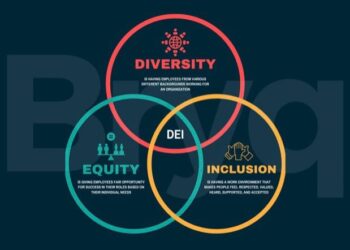University of NSW study suggests six times as many individual birds as humans but that many species are very rare.
There are about 50 billion individual birds in the world, according to new research that uses citizen science observations to try to estimate population numbers for almost 10,000 species.
The paper, led by scientists at the University of New South Wales, suggests there are about six times as many birds on the planet as humans – but that many individual species are very rare.
Four species belong to what the researchers dubbed “the billion club”, with estimated populations greater than 1 billion. They are the house sparrow, found in many parts of the world, the European starling, the ring-billed gull and the barn swallow.
The researchers developed estimates for 9,700 species, including penguins, emus and the kookaburra, by drawing on hundreds of millions of bird observations logged by birdwatchers on eBird, one of the world’s largest biodiversity citizen science projects.
They pooled the records with professional scientific observations to develop an algorithm that would estimate the population numbers for almost all species. The team of scientists found there were relatively few common bird species, but a large number of rare species.
“They may be rare for natural reasons – they really only live on one island or the top of one mountain for example – or they may be rare because of human causes,” said Will Cornwell, an ecologist at the UNSW and one of the paper’s lead authors.
He said, over time, he hoped the models could chart which species were in decline and where conservation efforts were needed.
Many Australian birds numbered in the millions. They include the rainbow lorikeet (19m), the sulphur-crested cockatoo (10m) and the laughing kookaburra (3.4m).
Sean Dooley, the national public affairs manager for BirdLife Australia, is a longtime birdwatcher and contributor to citizen science programs. He said the paper showed the value citizen observations could contribute to scientific knowledge.
“This is a great first step to trying to work out what we’ve got,” he said.
“If we can keep doing this over time – that will be the important thing because we know we’re seeing huge loss of wildlife. Being able to get close to quantifying what’s going on is essential.”
Cornwell said by combining birdwatching and professional monitoring records for bird species that had been the subject of rigorous academic study, the scientists were able to develop a model that adjusted for some of the uncertainties that can arise through citizen science.
He said the model was then applied to those birds that had not been the subject of professional studies.
The figure of 50 billion individual birds represents the median estimate the model produced for the total number of birds worldwide.
“The whole idea came from the fact that there are a few bird species that get really, really well studied,” Cornwell said. “But there is this huge collection of citizen scientists travelling all over the world counting every bird that they see.
“The really big breakthrough in this paper was we could take the scientific data and the citizen science data and then fill the gap for birds which are not studied by professional scientists.”
Cornwell said there were still some uncertainties in the figures and researchers planned to refine the model as more professional research on more species occurred.
He said the research highlighted the gaps in information caused by the significant scientific attention directed to bird species in developed parts of the globe compared with developing countries and the need to refine global population estimates for all species.
He said it also showed the role citizen science could play in those efforts. The scientists will conduct another round of estimates in a few years.










Discussion about this post